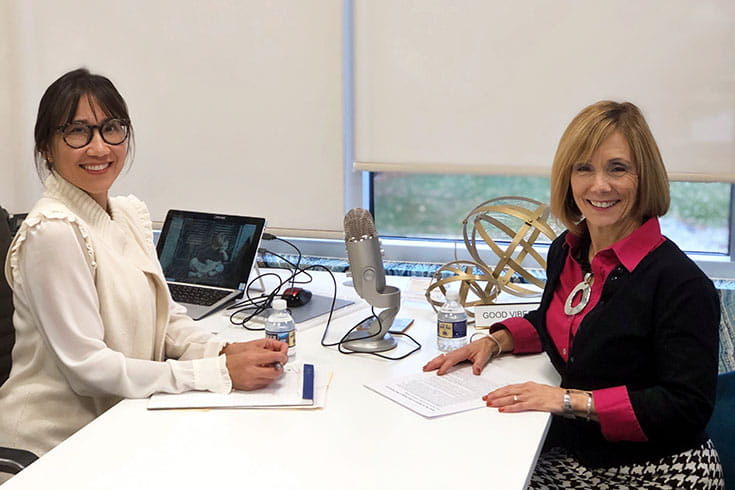Reason #242 why letting your spouse run the finances without you is a bad idea

In most relationships, one partner is the point-person on any given activity. There’s maintaining the social calendar, running home maintenance, and meal planning, to name a few. With regards to financial affairs, I often see that one spouse takes the lead on reviewing accounts or scheduling meetings—but it’s important to me that BOTH of them are at the meetings and engaged in the process.
One of the reasons why this is important is so that you have at least a working knowledge of your affairs in the event that your partner pre-deceases you.
When you lose someone close to you, your brain chemistry is altered. It’s hard enough on some days (many days) to get out of bed, let alone to filter through important financial documents and make critical decisions. I watched my own mother go through this when I was 15, after my dad died unexpectedly in a car accident. And I remember worrying more about her and her ability to function than my own. Because not only was she raising three kids on her own now, she was having to step into a number of new roles as well, at a time when she was most vulnerable. One of those roles was being the point-person on financial affairs.
Not long ago I met with a woman whose husband recently passed away. I like her, she has spunk. She has a 70 years young mindset with interesting and challenging goals as part of her vision for her next chapter. And I really feel for her. Guess who handled and directed all of the financial decisions? Correct, he did. Guess who is now feeling overwhelmed by the number of accounts, institutions, updates, and decisions that need to be made? Correct again, she is. She already signed some documents at another institution after the representative encouraged her to do so—and now isn’t quite sure exactly what she signed.
They never worked with a financial advisor or a tax advisor, because he was a totally DIY kind of guy. He tried to lay things out for her, preparing lists and spreadsheets. But these are not enough—the lists can’t help her make good decisions. They can’t comfort her through a tiring and difficult time. As we were talking, I couldn’t help but think about how different her current frame of mind might be if she already had a relationship with a good advisor. If someone had been able to tell her early on—take your time,
you don’t need to do everything right now. If she had 8 less institutions to deal with. If she had someone familiar with her entire financial situation, her children and family. Having someone you trust for guidance is valuable—but in a time of personal upheaval, it’s absolutely invaluable.
Being told "you don’t need to worry about it," or "I’ve got it under control" is not going to help you in the long run, and is certainly not a plan.
You may think you don’t need an advisor—and you may be right. But don’t underestimate the value that the right advisor can provide. The client-advisor relationship is about far more than investments, and provides benefits that a DIY account cannot, namely, clarity, guidance and support. Regardless of whether or not you work with an advisor, be involved. You may not understand everything at first—and that’s ok. But just like we acquire language through immersion, you will become more familiar with the process by participating and being present in the process. And you’ll be in a much better spot than you would be trying to learn a new language during the most difficult time in your life.
Opinions expressed are those of the author and are not necessarily those of Raymond James. All opinions are as of this date and are subject to change without notice. Raymond James and its advisors do not offer tax or legal advice. You should discuss any tax or legal matters with the appropriate professional. Raymond James is not affiliated with Bernadette Wagner or Prime Time for Women.


